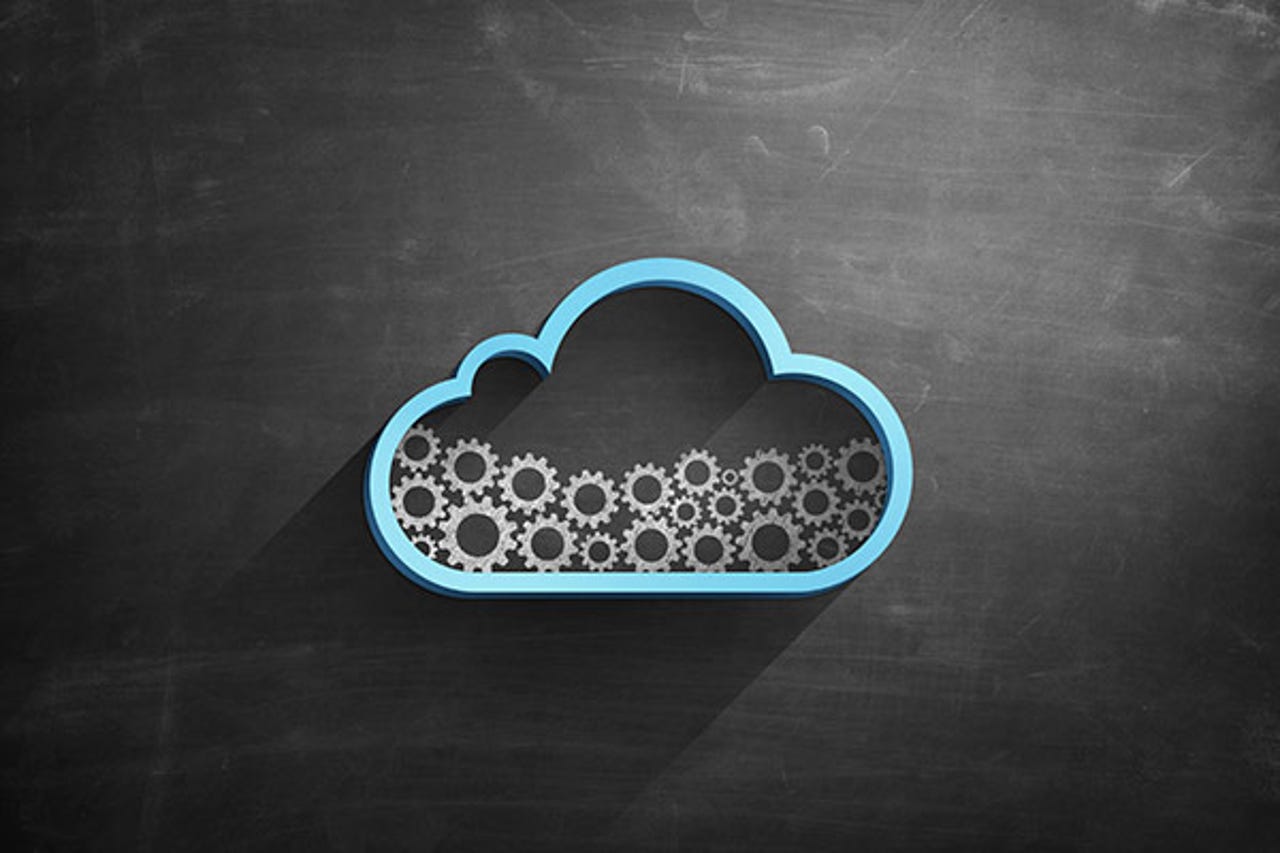The move towards robotics

Yet all that could be about to change. Experts suggest an increasing number of roles and activities in the workplace will soon be automated. Carl Benedikt Frey and Michael Osborne, academics at the University of Oxford, suggest that 47 per cent of job categories - including legal work and accountancy - will be open to automation within two decades.
Across many activities, the advance of automation could be even quicker. Analyst Gartner estimates software or robots will take one in three jobs by 2025. New digital businesses require less labour, says Gartner research director Peter Sondergaard, and in many cases, machines make sense of data faster than humans.
Some people, of course, will question the suggested pace of development. Ten years is a short time frame to witness a full robotic revolution, even given the ever-quickening pace of technological change. But some sectors and businesses are already offering some sense of the potential changes ahead.
The finance industry, for instance, has been transformed by automation. Super-powerful computers, high-speed networks, and specially created algorithms have led to step-changes in the way money is made in markets around the globe, with leading-edge firms able to complete trades without human involvement in milliseconds.
Where finance leads, other industries will follow. Gartnersuggests the smart machine era - including deep analytics, advanced robotics, and virtual assistants - will be the most disruptive in the history of IT. CIOs will need to watch the development of such trends carefully, or be left behind competitors.
The analyst says IT bosses must lead with vision and describe how their business can take advantage of these 'smarter' technologies. A retail business, for example, must first consider the rise of self-service and mobile payment - and then monitor the rise of related developments, such as 3D printing, with its potential for the development and delivery of personalised products and services, perhaps by drones.
Just like with mobile, cloud, and big data technologies, the rise of robots will have a huge impact across all sectors and job roles, even in industries that might seem more immune to digital development. Businesses must get ready for automation - and savvy CIOs should be at the head of those preparations.